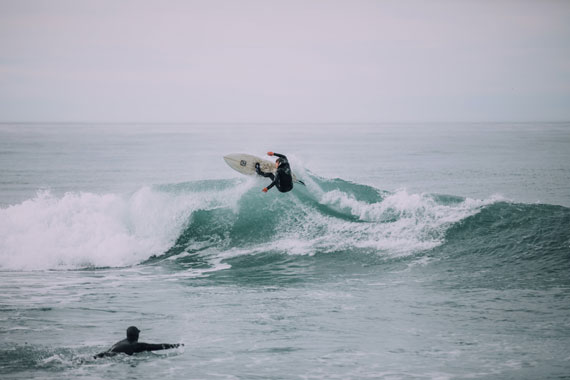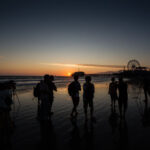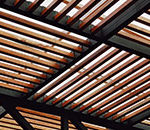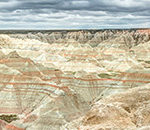Surfing is undoubtedly an action packed sport. And when it comes to action sports, things happen so quickly that you need to make split-second decisions to capture a moment that’s photo-worthy. However, if you’re prepared with some little things like composition, focus, camera settings among others, that’ll help you take beautiful surf photos. Photographer Tom Woods in this video shares 10 tips to help you take some brilliant surf photos:
Composition
Don’t just try to capture a surfer in action. Compose in a way to tell a story. For instance, make use of visual elements to give a feel of the surfer surfing into the frame.
Shutter Speed Priority
Waves and lighting conditions change the exposure constantly. You can miss important shots if you keep fiddling with camera settings to get the exposure correct. Thus, using shutter priority mode like in other genres of sports photography is a good choice. That’ll help you concentrate on other factors to make the image more appealing.
Anticipate the Action
“When photographing, I like to surf the wave with the athlete.”
Look out for waves and how the water is behaving to anticipate impact. This is where having a hands-on experience with surfing will come in handy. If you are new to surfing, a good idea is to look out for pockets of waves. Good surfers never miss out on that.
Avoid Water Droplets
Getting some water droplets in front of the lens is imminent when shooting around a water body. When using a dome port to waterproof your setup, have a thin layer of water on the front of the port. This is a wet port shooting technique and is the most effective method of working with dome ports.
Continuous Drive and Focusing
Use your camera in a continuous drive mode to take multiple shots. This gives you multiple options to choose from. Also, have your camera set to continuous focus mode. Doing so tracks the movement of the surfer and keeps them in focus.

Surf photo captured by Tim Marshall
Light
“Interesting light makes for interesting photos.”
Weather conditions near oceans can be erratic sometimes. Cloudy and stormy conditions can present some dramatic, and sometimes unexpected lighting. Golden hours can be great for shooting surfing photos too. And if you have a waterproof setup, don’t be afraid to shoot during mid-day. Go under the water and photograph surfers gliding through the waves.
Foregrounds and Backgrounds
Photographing just the surfer dominating the waves is not enough. Look for ways to create engaging photos with interesting foregrounds that lead into the scene. Also, look for backgrounds that give a sense of the location and scale.
Long Lenses
When photographing from land, you’ll want a longer lens to reach out to the surfers. But, keep in mind that you’ll want to incorporate the foreground and the background for interesting photos. Something in the range of 400mm should suffice. Even a 70-200mm can make for some interesting surf photographs.
Use a Tripod Or a Monopod
“Using a tripod or a monopod will greatly improve your photo clarity, your composition, and your general thought process.”
Things start getting shaky at the telephoto end. Using some kind of stability with a tripod or a monopod will greatly help you out.
Don’t Just Shoot Action
When photographing surfers, it’s not just about action. The in-between moments can tell the surfing lifestyle story even better. Look for wildlife opportunities involving the surfer, surfers paddling, preparation phase, or even surfers just walking around with their surf board.
“You don’t want to just come home with 3,000 surf action photos and nothing else that tells the true story of the journey of the surfer.”
If you’re just getting started with photographing surfing, give these tips a try. They’ll definitely help you get your surf photography to the next level.
Like This Article?
Don't Miss The Next One!
Join over 100,000 photographers of all experience levels who receive our free photography tips and articles to stay current:






Leave a Reply